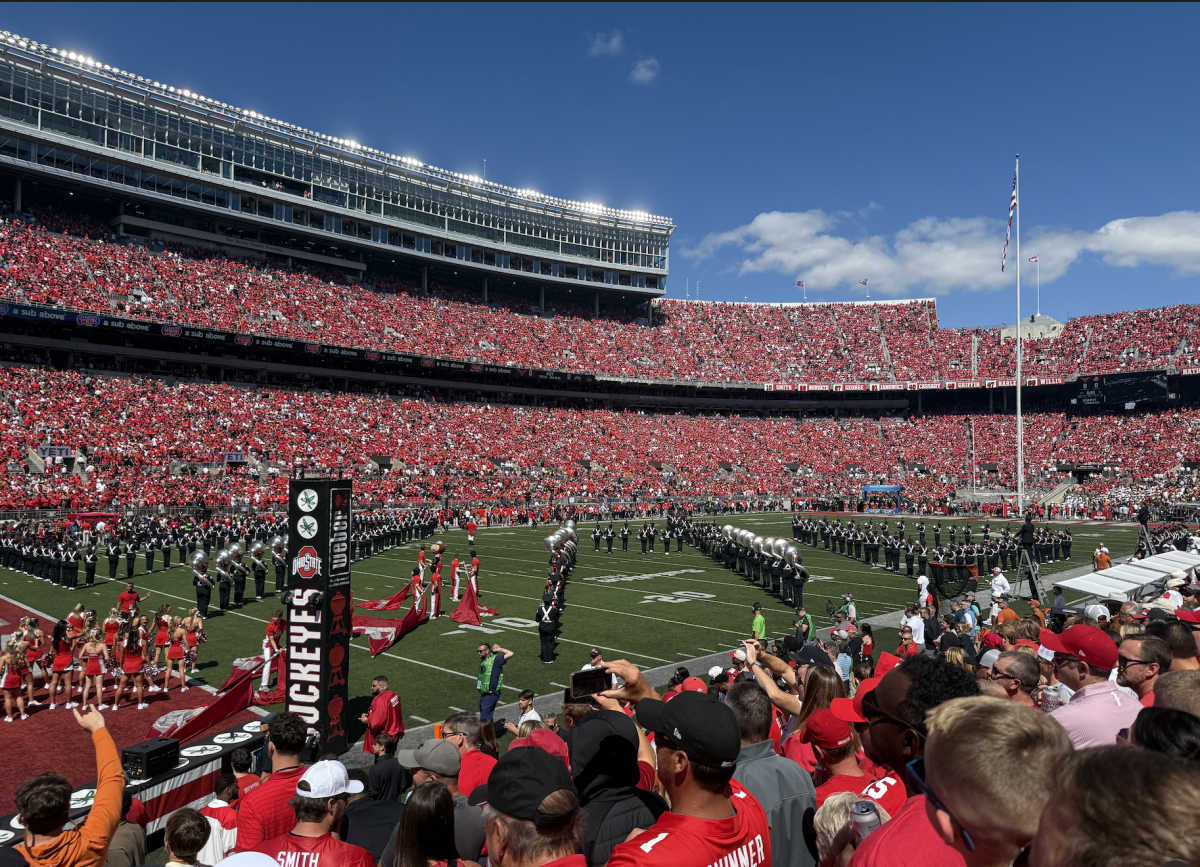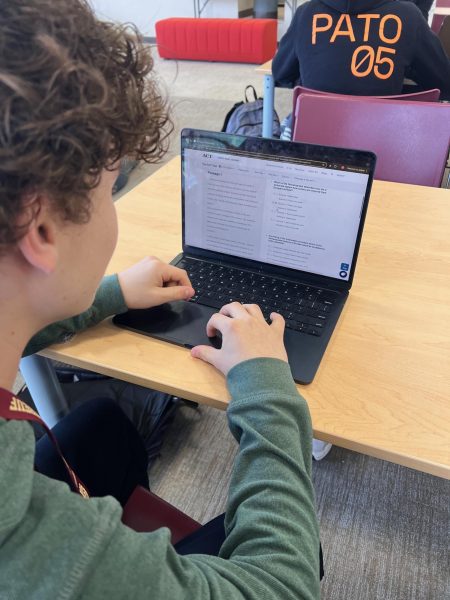Illegal Monkey Trafficking in South Africa
May 26, 2021
Last September, 25 juvenile monkeys were found and confiscated in the back of a truck entering the U.S. from Zambia and headed to South Africa.
The officials with the Chirundu Anti-Poaching Project in a joint operation between Zimbabwe Parks and Wildlife Management Authority and Hemmersbach Rhino Force immediately knew something was suspicious because the animals were not native to their country and the four men in the truck were arrested. To this day, this is one of the largest known confiscations of illegally trafficked primates in Africa according to the U.S. based Pan African Sanctuary Alliance.
According to former Ape Alliance member Jamie Shively, “The demand for primates for entertainment in zoos, amusement parks, and to be used as pets continues to increase by the day.” Bushmeat trade is the commercial hunting and selling of wild animals for food. Not to be confused with animal slaughter which is the mass killing of animals usually done as a means to get food. Bushmeat trade is illegal in Africa and is considered to be the most immediate threat to the future of wildlife in Africa.
Although no one keeps track of exactly how much bushmeat is hunted in total, conservation experts estimate that up to six million tons of bushmeat hunted from the Amazon and the Congo Basin each year.
The early 1980’s is when the bushmeat trade really began to take off. Logging companies seeking to open up forests for roads also opened up new opportunities for wildlife to be poached and captured to be sold to private zoos. Hunters riding logging trucks were easily able to pass through a previously inaccessible area where many species including primates were still abundant. Other hunters would sell their catches to the staff of the excavation companies to remain safe from the authorities.
It is not just animal lives that are threatened by the bushmeat trade. There is an abundant amount of evidence of the danger to humans caused by cutting the flesh and cooking certain kinds of wild animals. Gorillas and possibly other primates can carry diseases such as chicken pox, measles, yellow fever, and yaws. Though not much of an issue now due to modern medicine and vaccines, medical issues were much more abundant and life threatening in the late 80’s early 90’s in western Africa.
Various organizations are working to control this illegal trade in various ways. As a result of the collaboration between organizations such as the Wildlife Conservation Society (WCS) and logging companies in the Northern Congo, drivers from logging companies are now prevented from transporting bushmeat.
Many campaigns have been bringing awareness to bushmeat trade such as the #ThisIsNotAGame movement, EAZA Bushmeat Campaign, and the WildAid Campaign. There are many ways you can help such as donating to various wildlife organizations, funding school supplies for organizations to give schools around Africa to educate children on bushmeat trading,etc.




